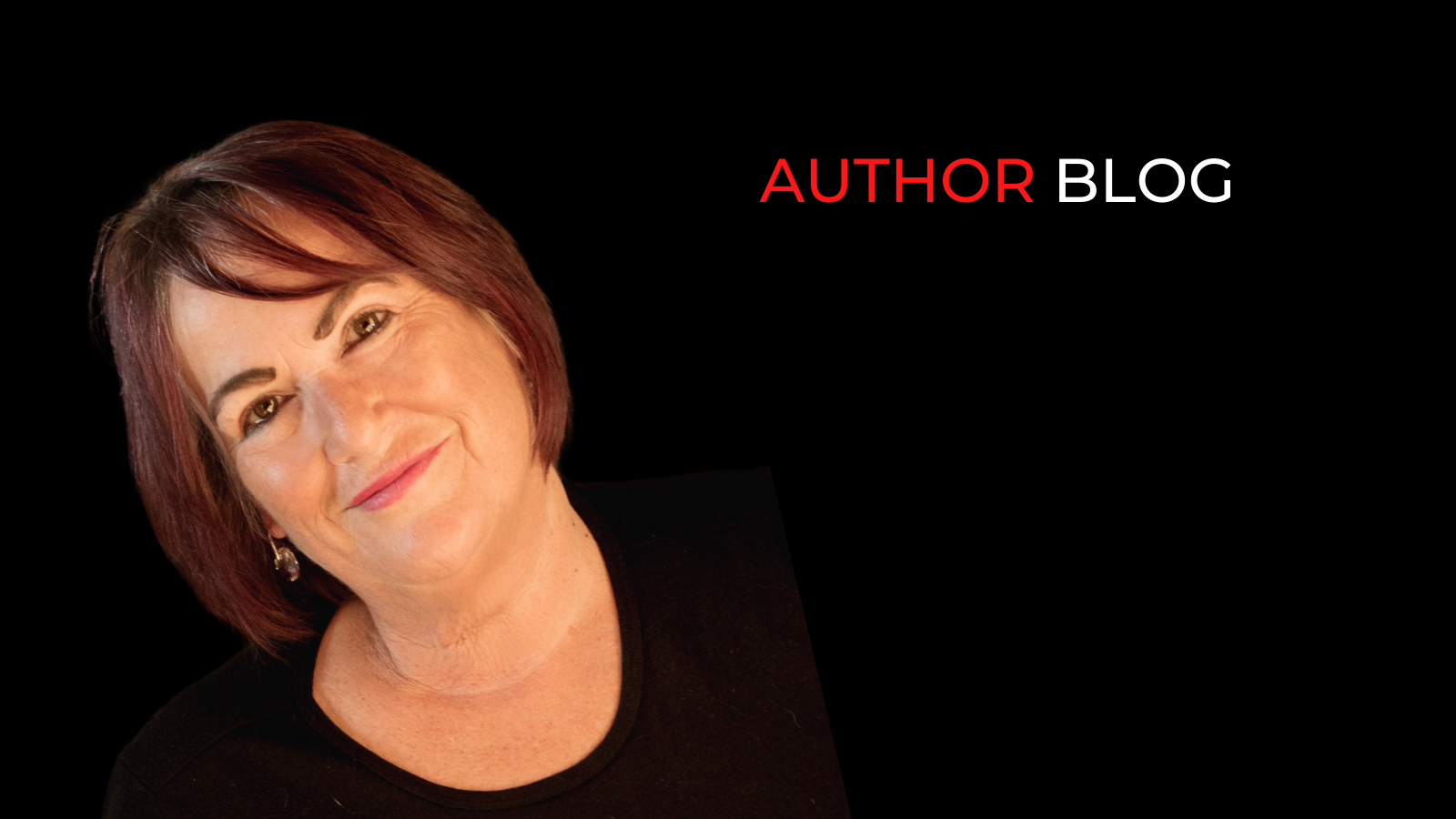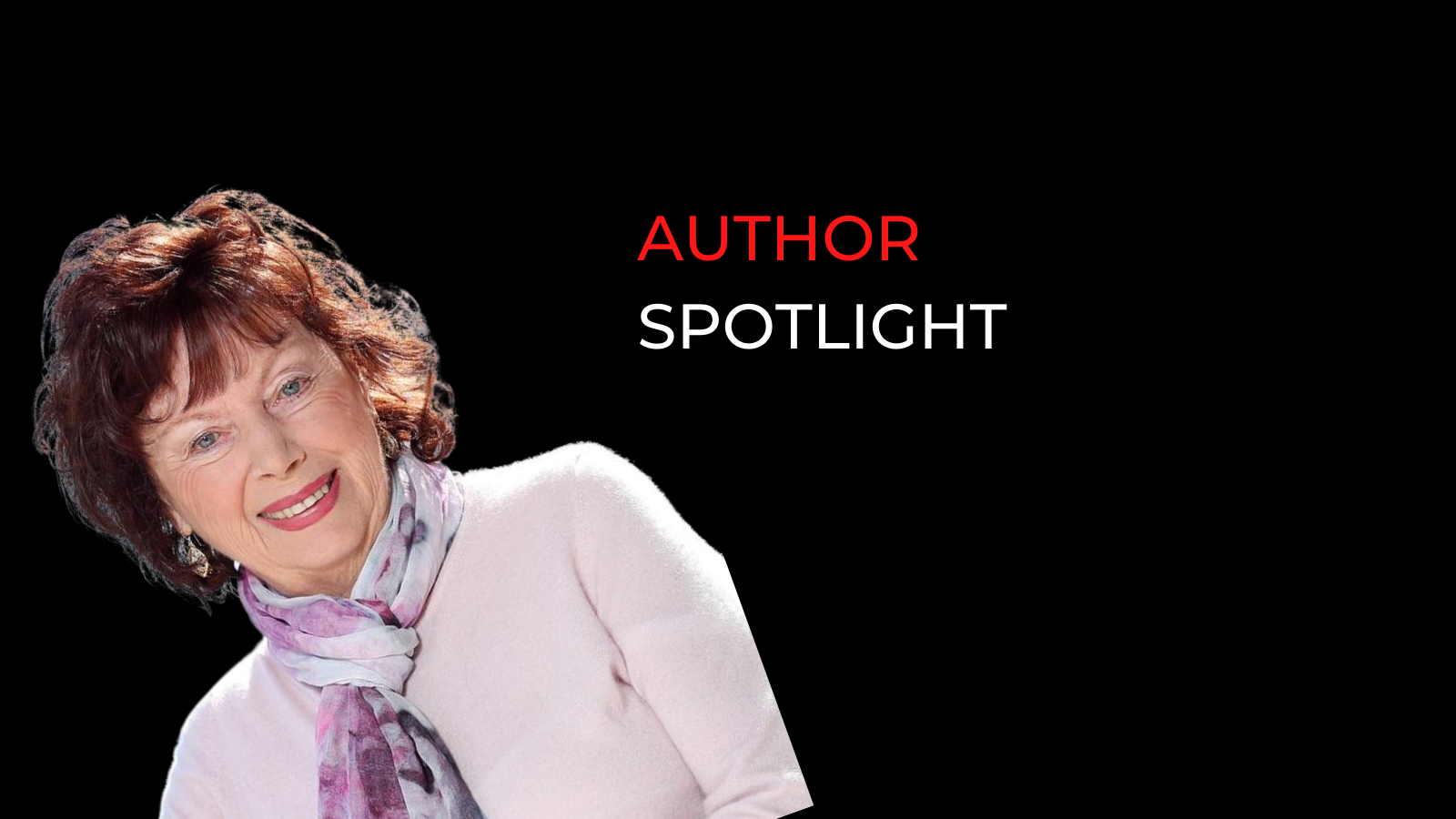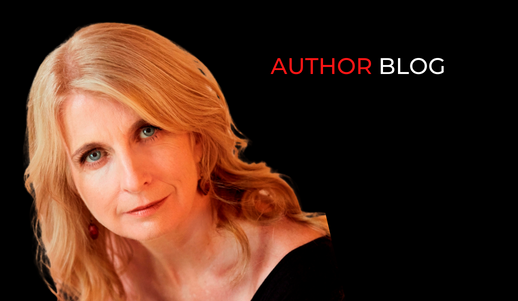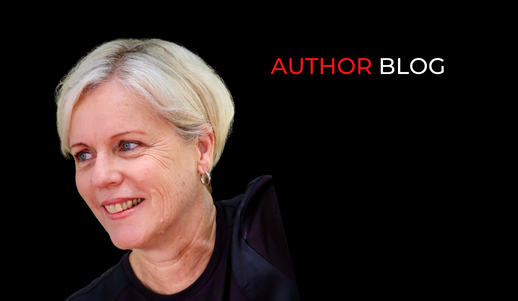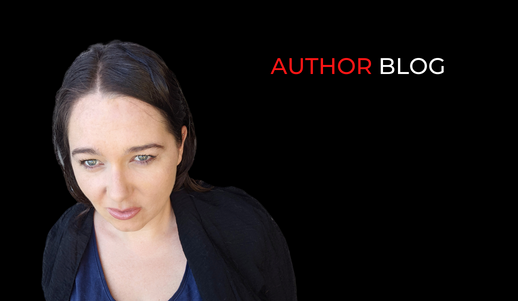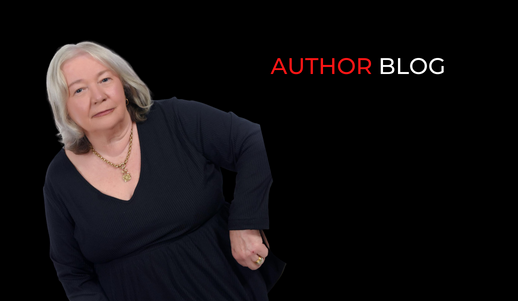Can the past be really left behind?: Chris Stuart
Over her years working as a humanitarian aid worker, Chris Stuart would return home between assignments, but couldn’t really talk about what she had seen or done and some her stories made for uncomfortable listening. She learned it was easier to remain silent, but the stories, the inequity, the tragedies were ingrained in her head and cemented in her heart.
